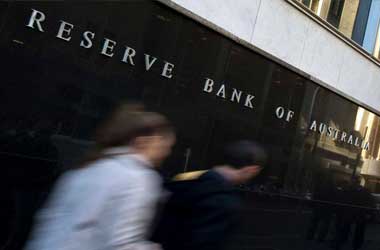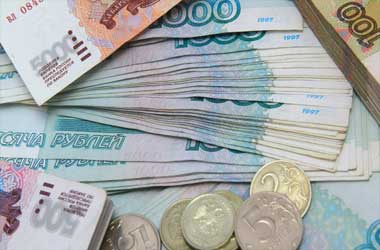 The Reserve Bank of Australia (RBA) could end up raising interest rates eight times in the next two years based on comments made by former board member John Edwards. This estimate was made based on Edward’s study of available economic data and trends plus forecasts by the central bank.
The Reserve Bank of Australia (RBA) could end up raising interest rates eight times in the next two years based on comments made by former board member John Edwards. This estimate was made based on Edward’s study of available economic data and trends plus forecasts by the central bank.
Writing in an online publication of the Lowy Institute for International Policy where he is a non-resident fellow, Edwards stated that the RBA might already be evaluating a program to roll out interest rate increases since inflation is forecasted to reach target levels soon and economic growth is expected to hit 3 percent.
Looking at the current economic performance and RBA forecasts, Edwards expects the interest rate to reach a minimum of 3.5 percent by the end of 2019. He has listed various factors including sustained improvement in economic parameters of growth and inflation as reasons for the RBA looking at this rate as a sustainable one.
Assuming the target cash rate is set at 3.5 percent and the RBA is keen to start its tightening agenda in 2018 to reach its target rate in two years, Edwards has predicted that there would be four quarter-point increases every year. RBA has retained the interest rate at 1.5 percent since August 2016.
In a statement Edwards said
It seems to me that something like eight quarter percentage point tightenings over 2018 and 2019 are distinctly possible, if the RBA's economic forecasts prove correct. It's possible the tightening could start earlier, or if not the tightening itself, at least the signaling which should precede it. We may be seeing a little of that now.
Traditionally the RBA does not make advance announcements regarding its policy plans and likes to keep the markets guessing.
Edwards has highlighted that if household debt continues to climb; then greater will be the impact of interest rate measures on household spending. As a result, he stated that it was likely that if the interest rate goes up, household consumer spending in the country might take a hit. He however noted that while the size of debt as a whole has increased in the economy, declining interest rates have lowered interest burdens.
Edwards has also cited several factors which could cause interest rates hikes to be more modest. These factors are: continued weakness in household spending, poor recovery of non-mining business investment, strengthening of the Australian dollar and poor employment growth.




